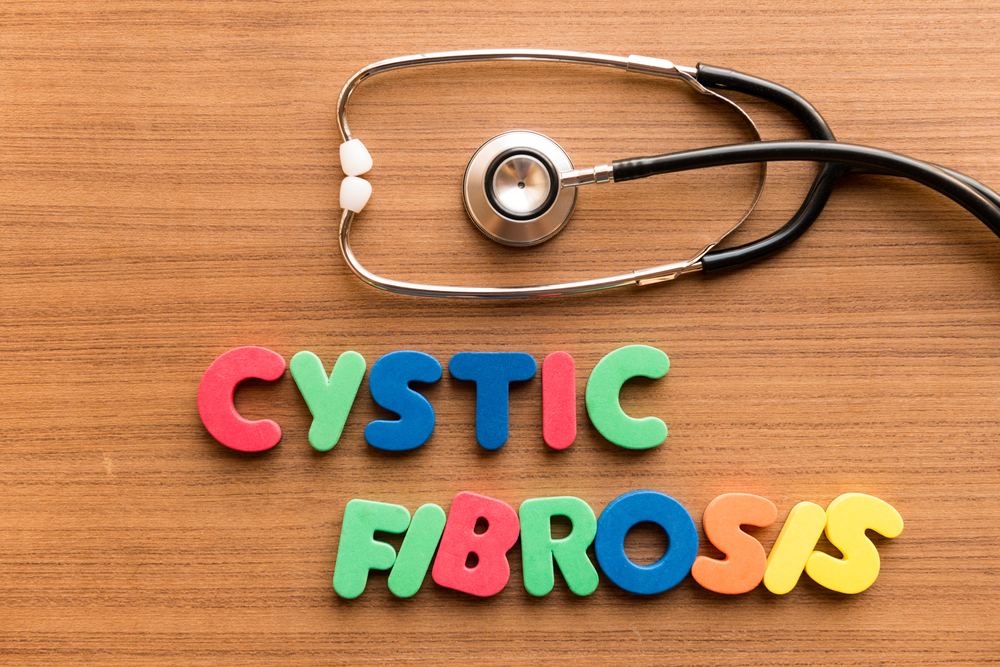
Ways for Treating and Managing Cystic Fibrosis
Cystic fibrosis is an inherited disease that impacts the function of the lungs, digestive system, and other organs in the human body. This life-threatening condition also hampers the working of the mucous cells in the body. Cystic fibrosis causes these cells to produce an excessive amount of sticky mucus that may end up plugging the airways and tubes in the body and lead to a permanent organ damage or respiratory failure. In the digestive system, the excessive mucus prevents the body from absorbing vital nutrients needed for overall wellbeing.
Symptoms of cystic fibrosis
Some of the symptoms of cystic fibrosis include the following:
- Excess salt in body sweat
- Wheezing sound while breathing
- Excess secretion of mucus while coughing
- Poor weight gain
- Slower growth in children
- Severe constipation
- Intestinal blocks
Due to the fatal nature of this disease, it is mandatory in the country for every new-born to get screened for cystic fibrosis. This will ensure that the condition is detected in the very first month after birth and appropriate cystic fibrosis treatments may be started early on before the symptoms even begin to show up.
Diagnosis of cystic fibrosis
The standard methods of diagnosis for cystic fibrosis involve the following:
- A blood test and other genetic tests
- Additional tests such as sweat test, pulmonary function tests, CT scan, chest X-Rays, and sputum tests
- Immunoreactive trypsinogen (IRT) test for newborn babies
If you have a family history of cystic fibrosis, it is extremely important to get yourself tested to find out if you are a carrier of the gene. This will help you to decide on family planning as well.
Ways to treat and manage cystic fibrosis
It is important to note that cystic fibrosis is a lifelong condition that cannot be cured. Its symptoms may, however, be successfully managed to bring about a normal life expectancy. Here are the main ways in which cystic fibrosis is treated and managed.
Medications: Antibiotics are prescribed to unblock the excessive mucus formation in the airways and digestive ducts. These medicines may be taken orally or administered intravenously depending on the severity of the situation. Nonsteroidal anti-inflammatory drugs (NSAIDS) also help provide relief from pain. Certain mucus-thinning medications could help prevent further relapse. Bronchodilators, that are administered through inhalers, help you to breathe normally. As cystic fibrosis interferes with your body’s ability to absorb nutrition from food, fat-soluble multivitamin tablets are also often prescribed. In addition, antacids are also quite beneficial.
Surgical methods
Due to the life-threatening condition of the disease, cystic fibrosis treatments often call for emergency surgical procedures. Lung transplants are performed in cases where you have tremendous difficulty in breathing. However, these surgeries could result in life-threatening pneumonia. In certain cases, bowel surgeries are performed to remove blockages in the bowels. A food tube may also be surgically inserted to help the body absorb nutrition from food. This tube may pass through the nose or be inserted surgically into the stomach.
Personal healthcare methods
Apart from the doctor’s prescription, there are many ways in which you may look after yourself to live a healthy and wholesome life, in spite of cystic fibrosis. You can consider using chest clappers to help loosen mucus from the airways and ease your breathing. Avoid nasal allergens such as pollen, pet dander, and aerosol sprays as these may trigger excessive mucus secretion. Drink plenty of water as this helps loosen the mucus that gradually thickens in the body. Stay active with enough exercise; ask your doctor how frequently you are permitted to exercise during the week. While smoking is a definite no-no, you must also avoid second-hand smoke at all costs.


